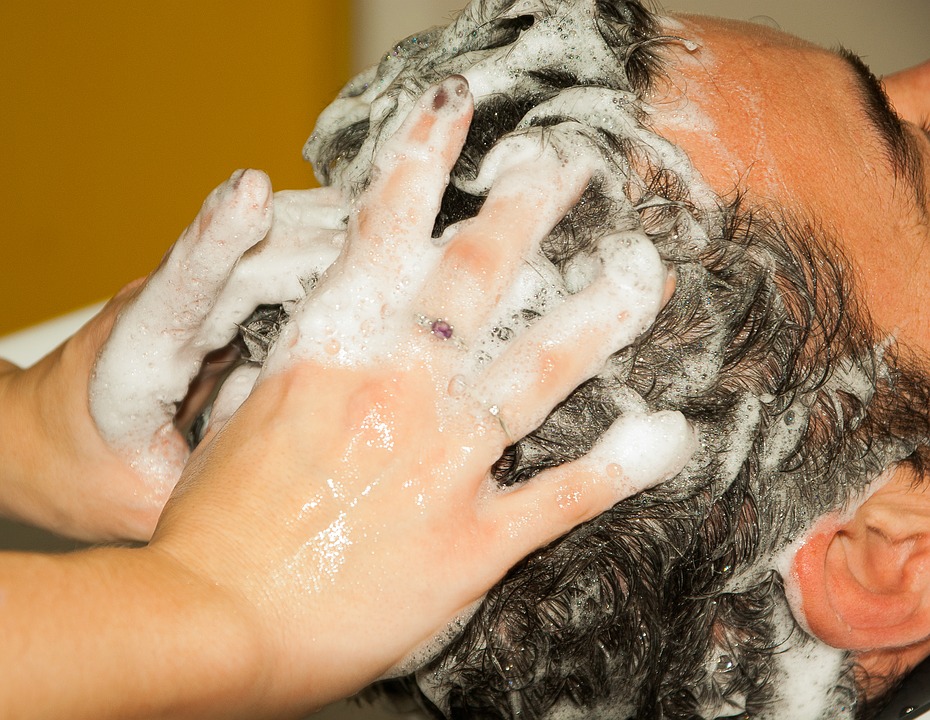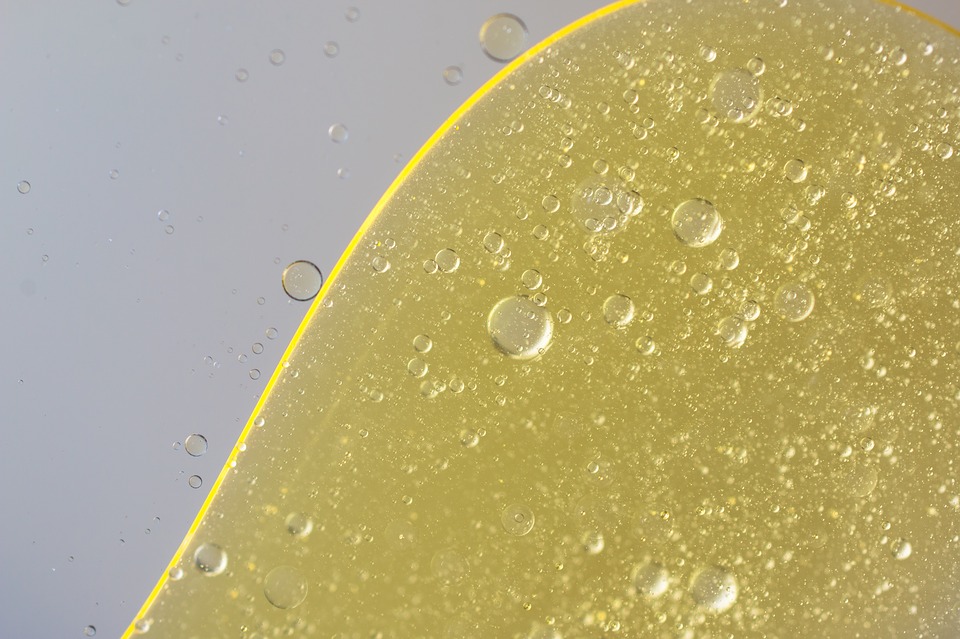The Truth about Silicone, Sulfates, and Parabens (Part 2)
Posted by Margaret Barnhart on 22nd Mar 2017
Rooted in science, a strong marketing trend pushing natural and organic products has quite literally taken over the shelves at cosmetics stores across the globe. As we see new packaging touting “Paraben Free”, “Sulfate Free”, and “Silicone Free”, we wonder why companies are advertising the absence of these ingredients as a good thing. With conflicting evidence in studies and anecdotes across the web we wanted to do our own research and provide you with working knowledge of the effects of these ingredients that have recently become taboo. In this three part blog series we will be covering three of the most talked about ingredients in hair care: Silicone, Sulfates, and Parabens.
Part 2: Sulfates
Fast Facts:
• Found in many personal care products
• Act as surfactants, when combined with water they remove greasy substances
• Synthetic ingredient made from petrolatum, sulfur, and lauryl alcohol
• There are several different types of sulfates, most commonly SLS and SLES
So let’s get to busting myths right away…

Myth #1: All sulfates
are bad
Truth: Not all sulfates are equal! Did you know there are literally
hundreds of types of sulfates? The most commonly used sulfates are Sodium
Lauryl Sulfate (SLS) and Sodium Laureth Sulfate (SLES) and we see these
chemicals in more than 90% of all shampoo or soap products.

Myth #2: Sulfates
aren’t necessary
Truth: Sulfates are surfactants, or
compounds that can absorb both oil and water and easily be rinsed away with
water. We all know that oil and water don’t mix, so to achieve squeaky clean
hair these chemicals are essential. It’s true you can get clean hair without
sulfates, but the standard of clean we’re accustomed to isn’t as easily
achieved without them.

Myth #3: Sulfates
cause cancer
Truth: Several studies have
concluded that sulfates aren’t a carcinogen and when used as directed pose no
health risks to adults or children. The root of this myth does have some truth
however, as a carcinogen known as 1.4-dioxane is a by-product of SLES. Chemists
remove as much as possible but scant amounts are still found in shampoos and
soaps containing SLES. Scientists have found that the amount of 1.4-dioxane
that the average adult or child is exposed to is well below any amount that
could pose a health risk.

Now that we know not all sulfates are bad, they don’t pose a cancer risk, and
they provide better cleansing action than products without sulfates, what is
there to worry about? The answer is hair and scalp health!
Sulfates are a common irritant and can cause redness, irritation, and itchy,
dry skin (translation DANDRUFF!). If you have sensitive skin or skin
irritations like psoriasis or eczema, sulfates can exacerbate these issues.
The efficacy of sulfates in removing oil from our hair is also the cause of our hyper active sebaceous glands, leading to clogged pores on our scalp which can result in hair loss. When using harsh sulfates, shampooing and conditioning becomes a cycle, we shampoo to get rid of excess oil that is caused by our harsh shampoo stripping those oils away. This cycle can be broken but often takes a few weeks for our scalp to balance out.
By removing oil, sulfates remove moisture and disrupt the natural moisture balance of our skin and hair. This process over time causes dry, brittle hair that is dull and prone to breakage, not to mention the potential for excessive skin irritation. If you color your hair you should be especially cautious about the products you use as stripping moisture and altering the natural balance of oil can wreak havoc on hair color. The harsher your shampoo the less life you’ll get from your color in terms of permanence, health, and vibrancy. Curly and coarse hair types should aim for sulfate free shampoos and products when possible as these hair types require more moisture and care to maintain health versus other hair types
.
Sulfate free shampoos can be pricey, as sulfates are an ultra-cheap ingredient for shampoo manufacturers, but when you find yourself comparing shampoos and searching labels, opt for a sulfate free version at least once and compare results. You may find your scalp is less itchy and your hair feels more moisturized than with your previous shampoo!
